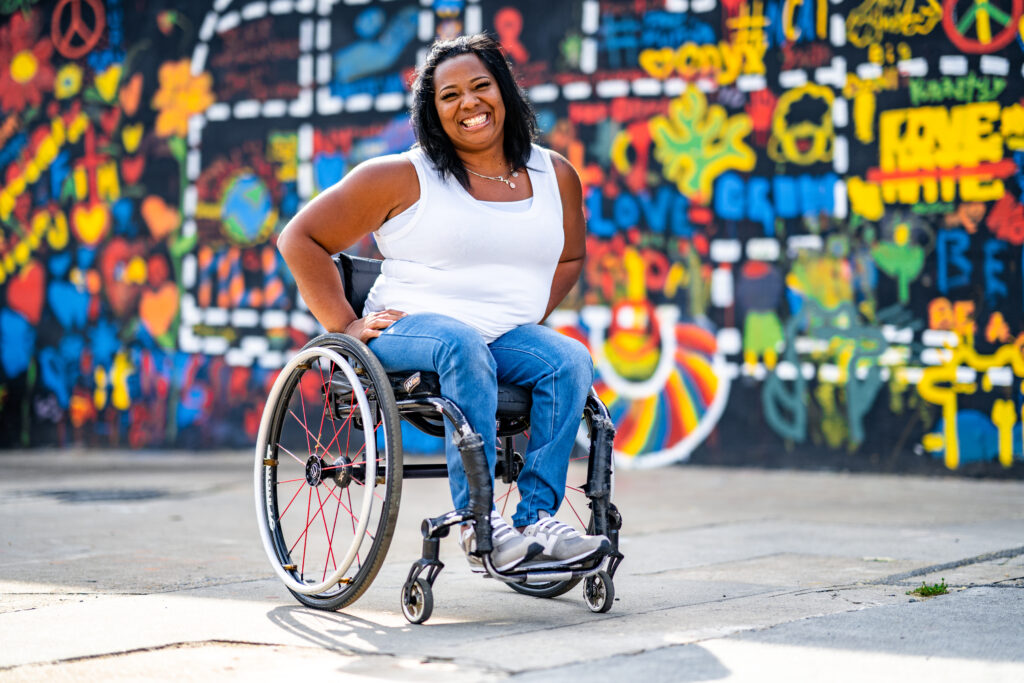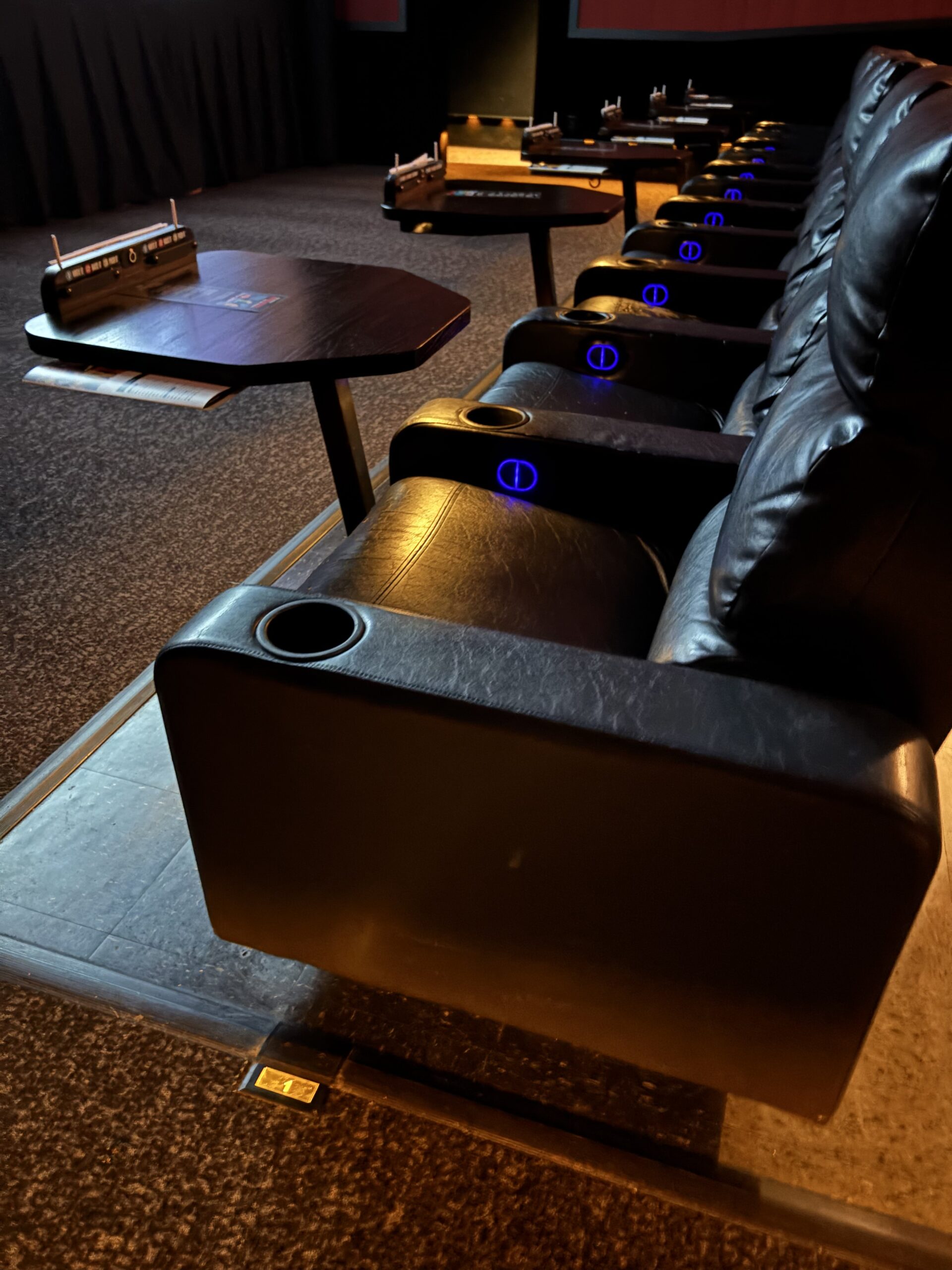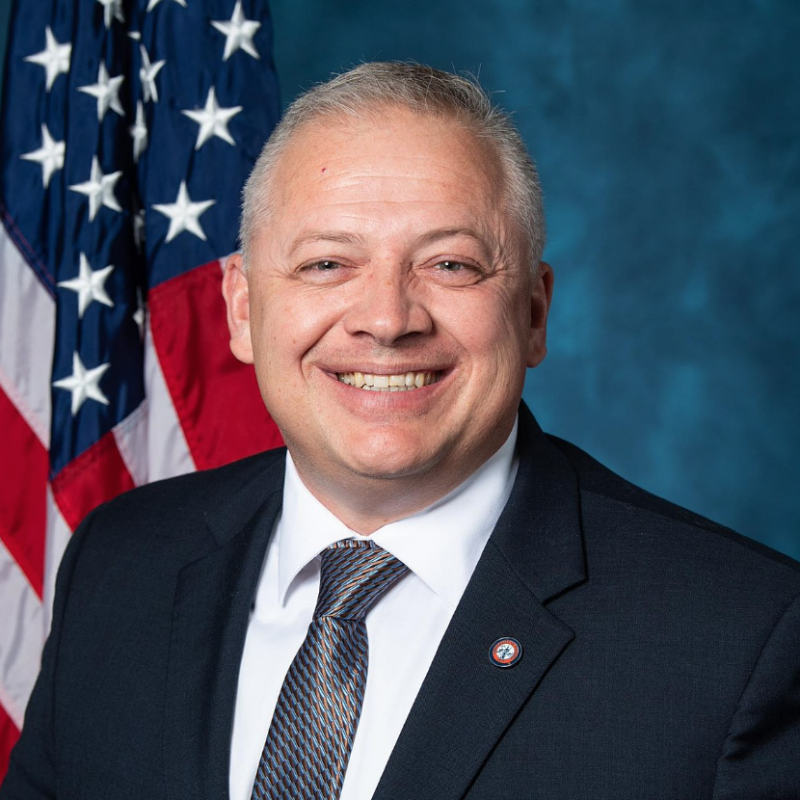Accessibility advocate India Sims and her friend Cynthia Pettus left Alamo Drafthouse midscreening on May 25 after they were told their wheelchairs’ location violated the fire code.
Sims, a lifelong Charlottesville-area resident, has previously seen films at Alamo without issue. “I’ve been there multiple times to see things,” she says. “My chair was always around; I’ve always made sure that my chair was out of the way.”
Both Sims and Pettus use wheelchairs and requested adjacent recliners in the accessible row of Theater 6 for the 6:30pm showing of Sinners. When purchasing tickets an hour before the show, they were told there was a recliner available with a designated wheelchair space beside it. There were no other seats together in that section.
Sims and Pettus waited in the lobby bar until their theater opened at 6pm, and at 6:10pm, they were in their designated seats. Sims stayed in her chair, Pettus transferred into the recliner and kept her chair near her at the edge of the aisle.
No one said the wheelchair’s location was a problem for the duration of the previews, Sims says, during which she and Pettus ordered and received food. Shortly after the film started, Sims noticed their server and another employee pointing at them.
When a manager approached and asked if they could move the chair, Pettus said no. The manager then allegedly insisted, and told Sims the two women needed to move the wheelchairs “outside of the theater.” It is unclear if management wanted only the chair in the aisle, or both women’s wheelchairs, to be relocated.
Rather than disrupt the film, Sims asked to speak to the manager outside. There, she was told the wheelchairs presented a safety concern due to their location in the “fire aisle.”
In a recorded portion of the interaction between Sims and Alamo staff, the manager repeats that the chair’s location violates fire safety laws. The only options given were for the wheelchair to be moved out of the aisle—making it difficult for Pettus to access—or for Pettus to sit in her wheelchair for the duration of the film in the space where her reclining seat was located.
After Sims asked for upper management, an employee went to get Pettus at Sims’ request.
“They gave us options to sit in the seats that we’re in; we didn’t know they’re fire hazards,” says Sims in the recording. “That is not our fault, that is the company’s fault or the employee’s fault. Now I’m missing my movie that I paid for because … y’all want us to move our wheelchairs away from us knowing that that’s something that we have to have.”
Another manager can then be heard speaking to Sims, apologizing for the failure of staff to explain at the time of purchase that fire code would require Sims and Pettus to sit in their own chairs rather than recliners.
Each manager in the recording gives Sims different reasons for why the chair cannot remain in its location, but all reference fire safety. When both Sims and Pettus ask how the chair presents a risk, given several people passed by without issue, the manager tells her she can return to the theater. It is unclear if the chair would be allowed to remain in its location if she opted to reenter the screening.
At that point, Sims had reportedly spent more than 30 minutes talking to staff about the issue and asked for a full refund.

Under the Americans with Disabilities Act, businesses open to the public “must provide people with disabilities an equal opportunity to access the goods or services that they offer.” However, businesses must also comply with local and state fire prevention codes. The highest minimum requirements for width of aisles serving as paths of egress and exit passageways is 48 and 44 inches, respectively, under the International Fire Code. Requirements for accessible means of egress are similar.
At press time, Alamo Drafthouse had not provided floorplans or layouts with aisle widths for Theater 6, and directed C-VILLE’s request for comment to its corporate office. It is not clear if the position of the wheelchair reduced the unobstructed width of the aisle below fire code requirements for the space.
“I didn’t understand the problem, because we were not blocking an aisle. People were walking back and forth past the chair, and [Sims’] chair wasn’t even in an aisle,” says Pettus. “When you explain to me that you’re looking out for the safety of other patrons, but you want to move our chair out of the theater in the event that a fire comes, when everybody’s evacuating, that will leave us with nowhere to go.”
Sims is considering “further action” in the wake of the incident.
“People discriminate all the time, and they just get away with it. And I’m tired of it,” she says. “With everything that my mother taught me—‘Never let someone talk down to you because you’re in a wheelchair. Never let somebody push you aside because you’re in a wheelchair. Don’t do it.’ And I’m not gonna, I’m not gonna do that. It’s happened too many times, and it just slides by.”
“It’s either racism or disability, that is the two biggest things that we have to deal with [in Charlottesville],” says Sims.
Featured Image: Staff photo.






